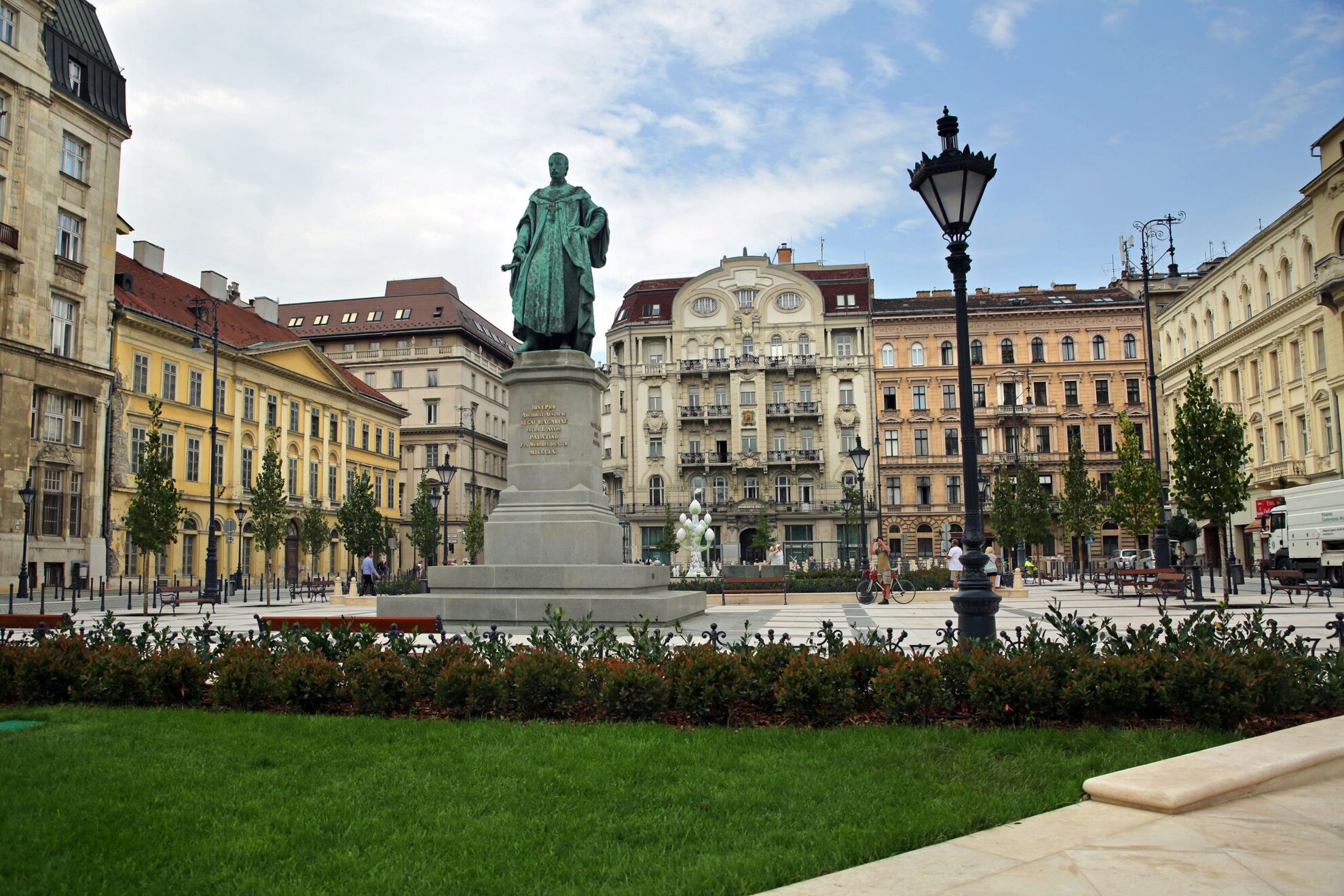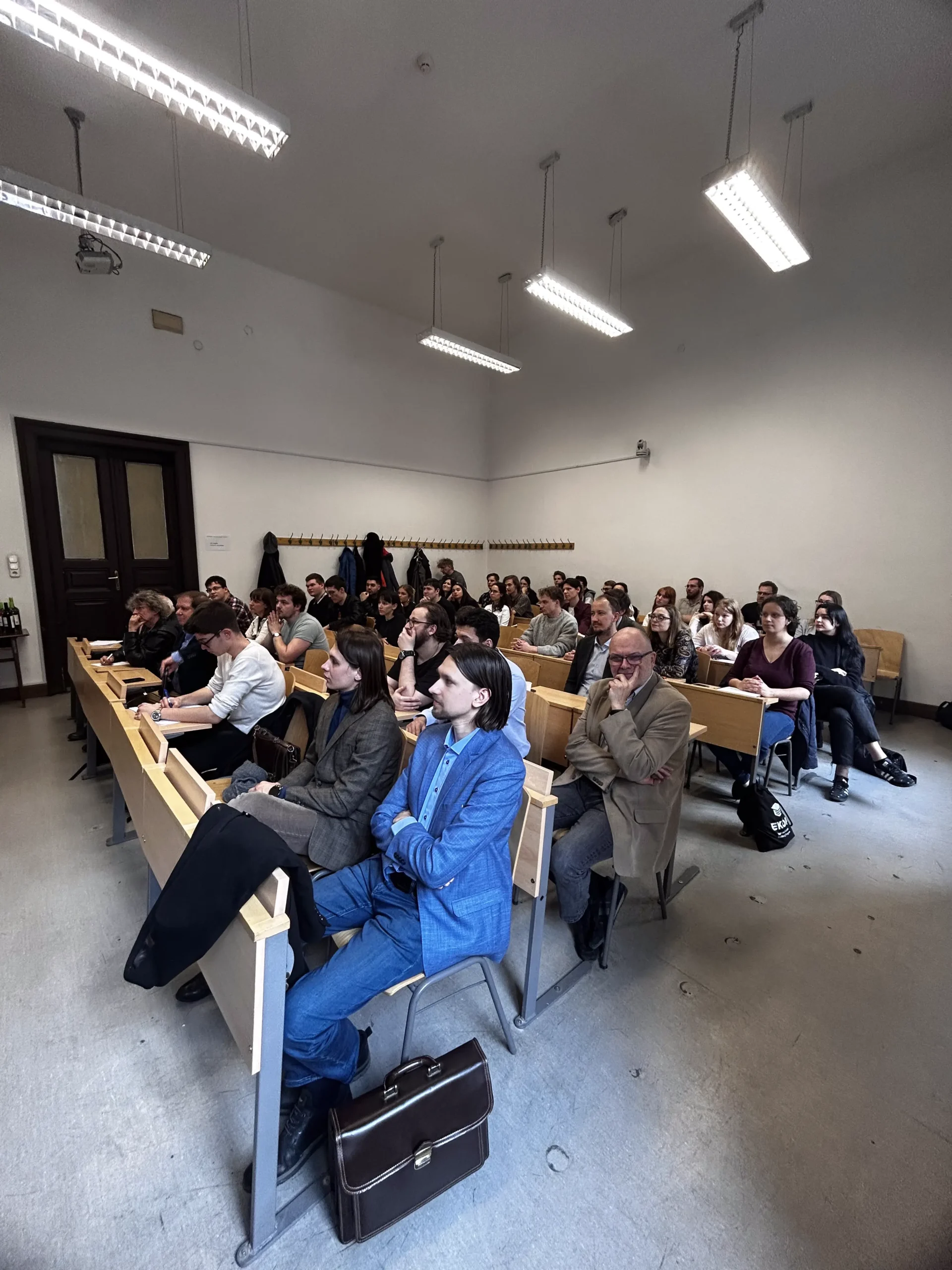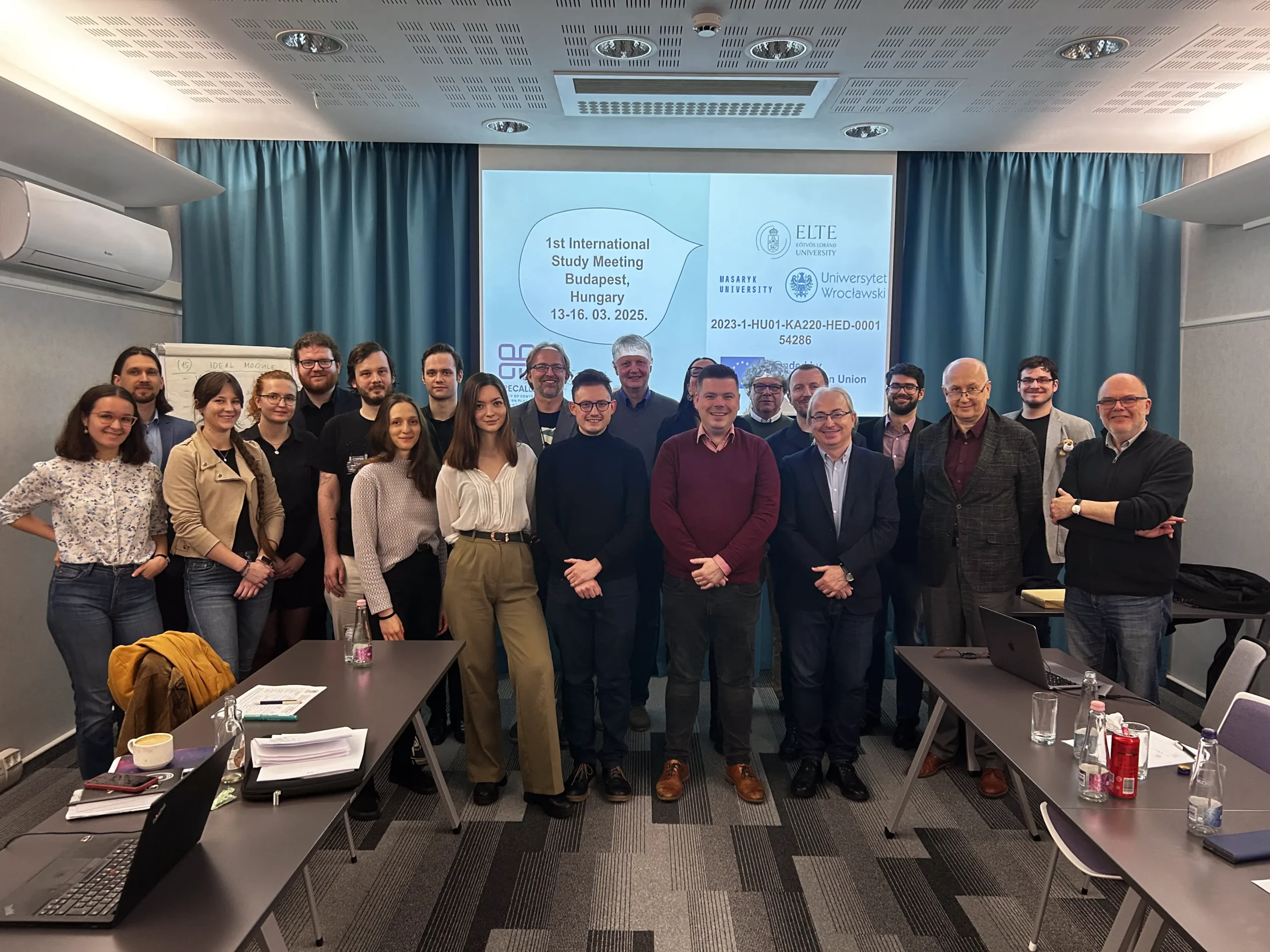József nádor, the „most Hungarian Habsburg” – József Palatine Square, Budapest
Fact of the Hungarian figure „Home of the Jagellos and the Habsburgs”
Part of the „Legacy of the Jagiellonians and Habsburgs dynasties” topic
József nádor, or Archduke Joseph Anton of Austria, earned his title as the “most Hungarian Habsburg” due to his deep commitment to Hungary and his active role in the country’s development. As Palatine of Hungary from 1796 until his death in 1847, József nádor became a beloved figure, bridging Habsburg authority and Hungarian interests during a period of significant transformation. Appointed by the Habsburg Monarchy, he nonetheless embraced his role with a uniquely Hungarian spirit, earning the respect and admiration of the Hungarian nobility and the wider public.
Unlike many Habsburg rulers who approached Hungary with a level of detachment, József nádor immersed himself in Hungarian culture and spoke Hungarian fluently, reflecting his genuine interest in the nation’s welfare. He played a leading role in modernization efforts, promoting infrastructure projects such as the construction of roads and bridges, which helped improve connectivity and fostered economic growth. His patronage also extended to cultural and educational institutions, contributing to the foundation of the Hungarian Academy of Sciences, a vital institution for Hungarian intellectual and cultural life.
József nádor’s initiatives went beyond mere infrastructure; he actively supported Hungarian agriculture and industry, understanding the economic potential that could elevate Hungary within the empire. His influence resonated in various social reforms, including his advocacy for improved urban planning in Budapest. This commitment to Hungary’s development contributed to the growth of Buda and Pest, eventually laying the groundwork for their unification and the rise of modern Budapest.
In Central European terms, József nádor’s legacy reflects a more harmonious aspect of the Habsburg dynasty’s impact on its territories. His dedication to Hungary softened the perception of the Habsburg rule, fostering a rare and respectful relationship between the monarchy and Hungary. József nádor’s influence lives on, particularly in József Nádor Square in Budapest, a place that symbolizes his enduring legacy as a unifier and advocate for Hungary, bridging two worlds with loyalty and vision. His legacy as the „most Hungarian Habsburg” serves as a reminder of how understanding and mutual respect can fortify bonds in a multi-national empire.





